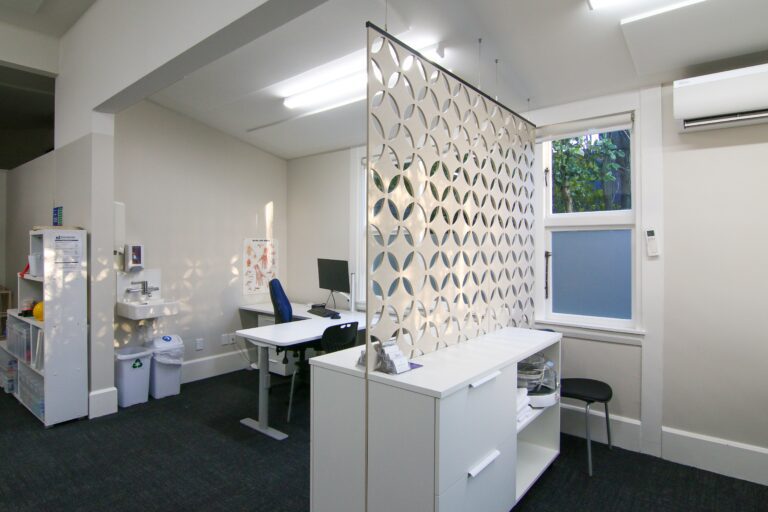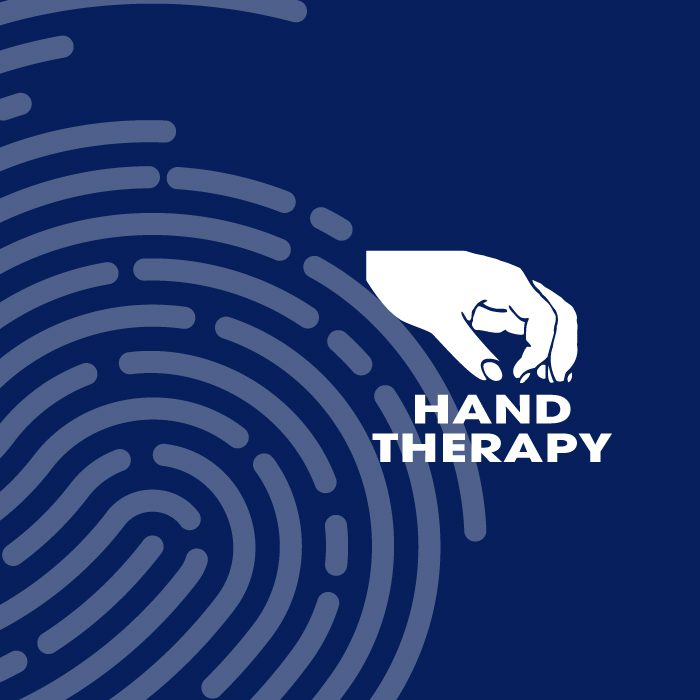In New Zealand, rugby is the national sport and also has the highest injury rate of all major sports. Because rugby union has high participation levels as well as a high injury rate, this sport results in more hospitalisations, more visits to the accident and emergency departments and more claims to the Accident Rehabilitation and Compensation Insurance Corporation (ACC) than any other sport.
Played typically by young people, rugby requires the skills of tackling, scrummaging, mauling and lineout play. On average each player performs 20- 40 tackles per match. Such contact phases of play are associated with increased risk of injury because of the extrinsic forces involved. Given the robust nature of the game, rugby players are likely to suffer at least one significant injury in the course of a season. A significant injury is one which interrupts normal training or match participation or requires medical attention.
Rugby Injury Facts
Recent research published in Canada and the British Journal of Sports Medicine suggests:
- As many as 1 in 4 rugby players will be injured during the season.
- The most common types of rugby injury are sprains, strains and other soft-tissue injuries. The most common sites of injury are: ankle (15%), wrist, hand and fingers (15%), knee (13%), shoulder and collarbone (12%), and back (11%).
- More injuries occur during matches than in training, and most occur in the 2nd half of the game.
- Approximately half of all injuries occur while a player is tackling or being tackled.
The positions of hooker and flanker sustain the most injuries. - Forwards are more frequently injured than backs because of their greater involvement in physical collisions and tackles.
- Players in rucks and mauls commonly suffer injuries to fingers and thumbs as well as abrasions and lacerations from boot studs.
At the Merivale Hand Clinic we are treatment providers for a variety of sporting injuries, including rugby. Our therapists have experience in assessing, splinting and rehabilitating hand (wrist, thumb and finger) injuries – with a focus on return to play as soon as safely and practically possible. Please contact us to make an appointment. If the condition is the result of injury, ACC documentation can be completed at the Hand Clinic.




